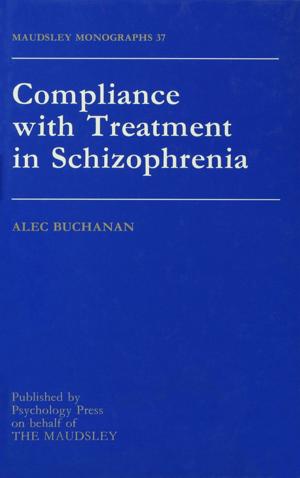Civil Disobedience and the German Courts
The Pershing Missile Protests in Comparative Perspective
Nonfiction, Reference & Language, Law, Civil Law| Author: | Peter E. Quint | ISBN: | 9781134107414 |
| Publisher: | Taylor and Francis | Publication: | December 17, 2007 |
| Imprint: | Routledge-Cavendish | Language: | English |
| Author: | Peter E. Quint |
| ISBN: | 9781134107414 |
| Publisher: | Taylor and Francis |
| Publication: | December 17, 2007 |
| Imprint: | Routledge-Cavendish |
| Language: | English |
In the 1980s the West German Peace Movement -- fearing that the stationing of NATO nuclear missiles in Germany threatened an imminent nuclear war in Europe -- engaged in massive protests, including sustained civil disobedience in the form of sit-down demonstrations.
Civil Disobedience and the German Courts traces the historical and philosophical background of this movement and follows a group of demonstrators through their trials in the German criminal courts up to the German Constitutional Court -- in which their fate was determined in two important constitutional cases. In this context, the volume also analyzes the German Constitutional Court, as a crucial institution of government, in comparative perspective.
The book is the first full-length English language treatment of these events and constitutional decisions, and it also places the decisions at an important turning-point in German constitutional history.
In the 1980s the West German Peace Movement -- fearing that the stationing of NATO nuclear missiles in Germany threatened an imminent nuclear war in Europe -- engaged in massive protests, including sustained civil disobedience in the form of sit-down demonstrations.
Civil Disobedience and the German Courts traces the historical and philosophical background of this movement and follows a group of demonstrators through their trials in the German criminal courts up to the German Constitutional Court -- in which their fate was determined in two important constitutional cases. In this context, the volume also analyzes the German Constitutional Court, as a crucial institution of government, in comparative perspective.
The book is the first full-length English language treatment of these events and constitutional decisions, and it also places the decisions at an important turning-point in German constitutional history.















